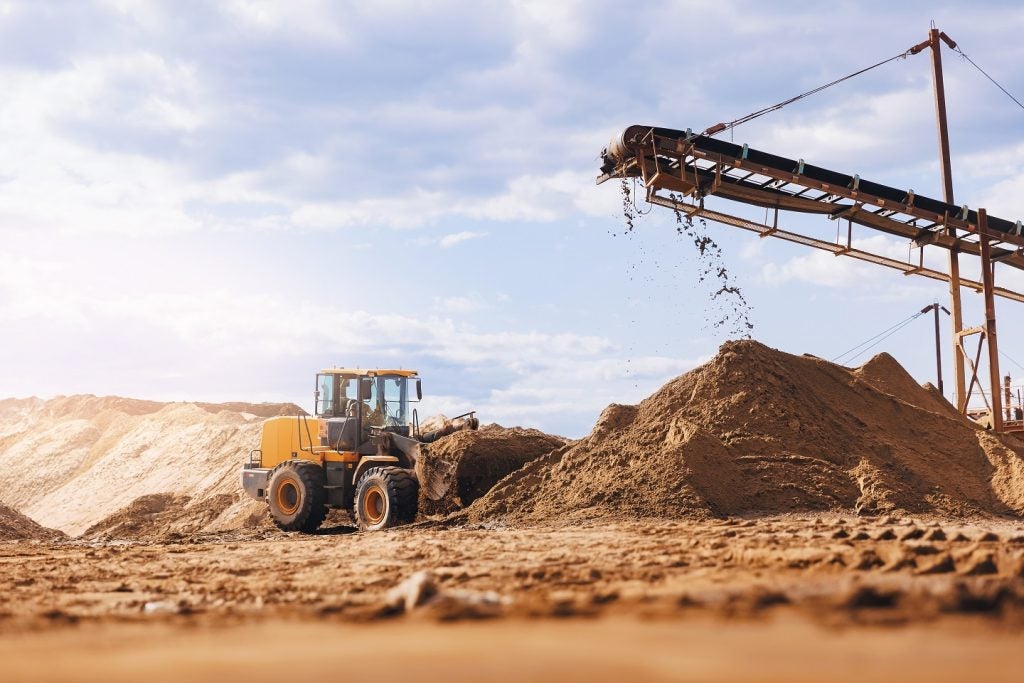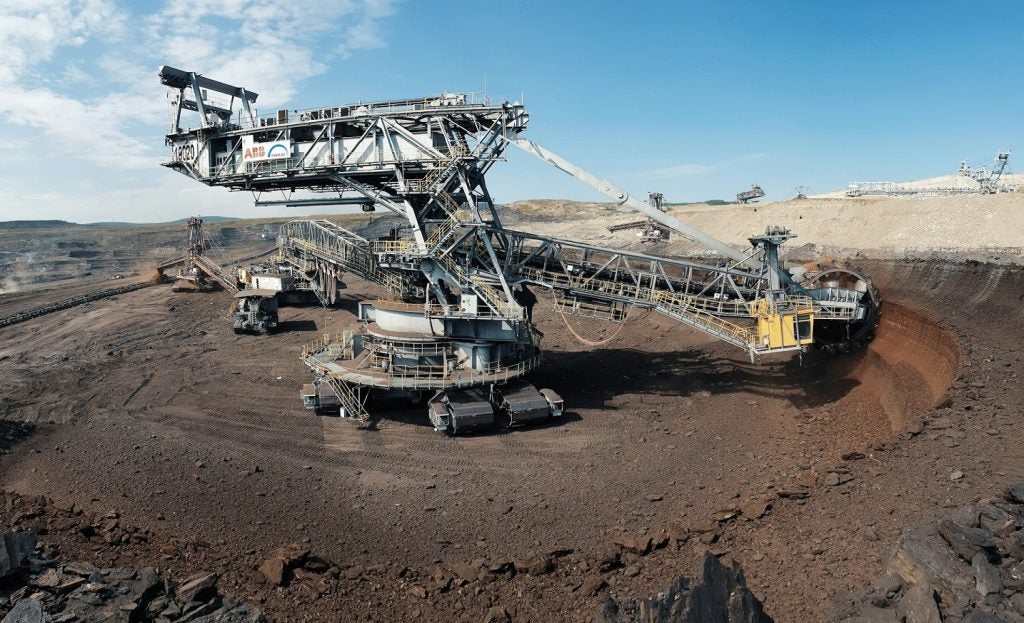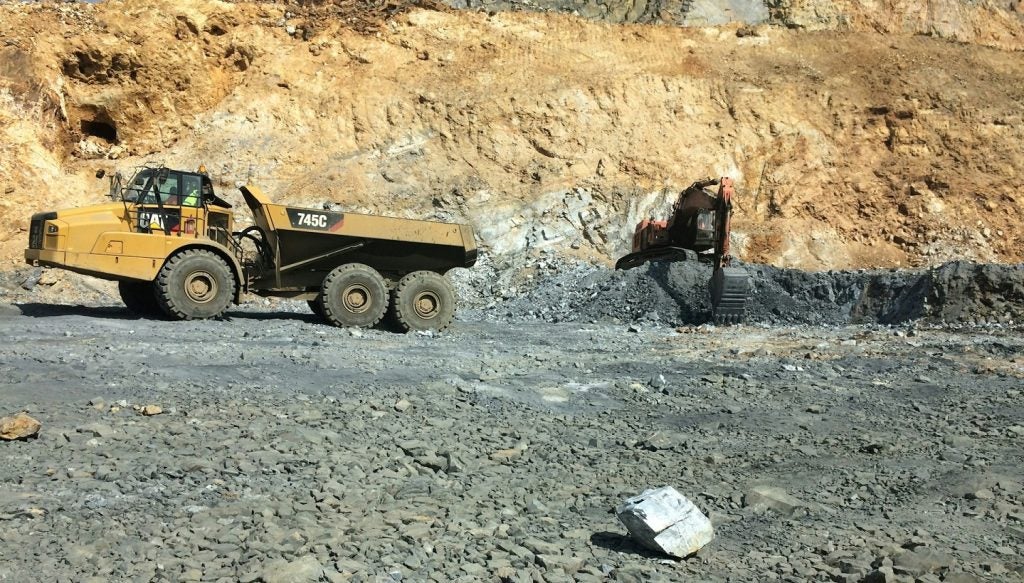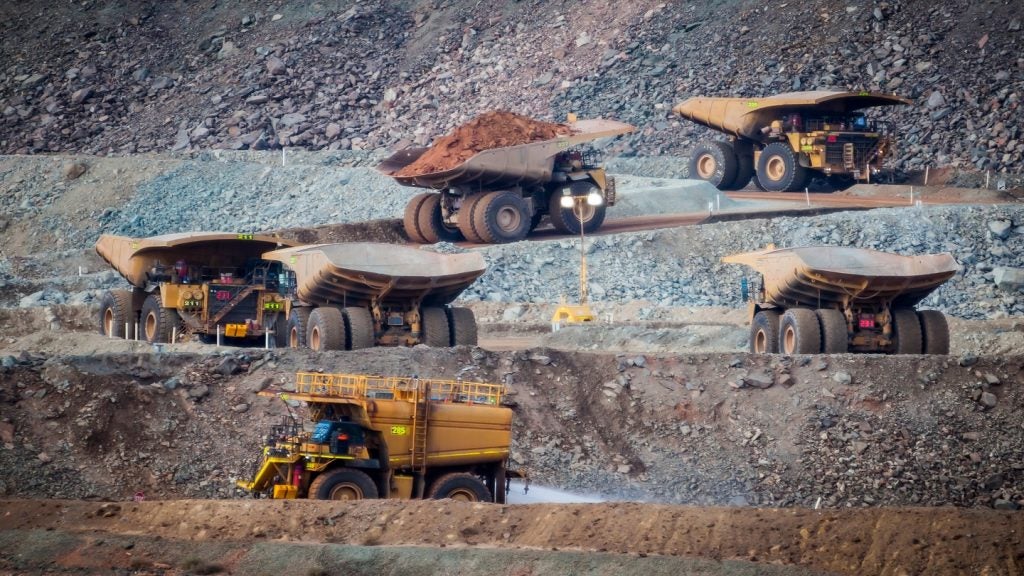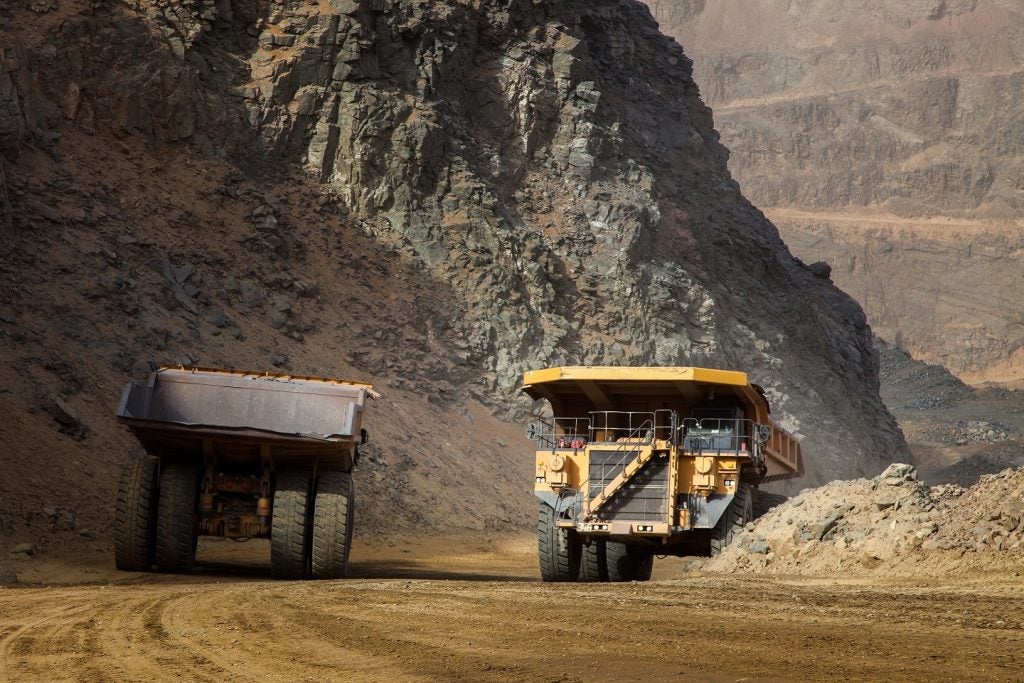First Atlantic Nickel has secured drilling permits for its 2024 work and drilling programme at the Atlantic Nickel Project in central Newfoundland, Canada.
These permits, which complement the company's existing exploration permits, will facilitate a 5,000m multi-zone drill programme that is set to begin this summer.
The programme aims to identify and test the ‘most promising awaruite nickel zones’ along a 30km nickel trend within the 21,850-hectare land position.
This 2024 exploration programme will focus on areas with strong awaruite nickel occurrences, including Atlantic Lake, Gulp Pond, Pipestone and Chrome Pond.
The company has begun mobilising heavy equipment to upgrade road infrastructure.
The Atlantic Nickel Project's location in central Newfoundland provides road access and proximity to hydroelectric power, enhancing the potential for a significant nickel discovery.
First Atlantic CEO Adrian Smith said: “Awaruite is a unique, naturally occurring nickel-iron alloy that offers significant advantages over traditional nickel sources. Its sulphur-free composition allows for processing without smelting, reducing our reliance on foreign countries that control smelting operations.
“By utilising simple magnetic separation and flotation technologies, we can produce a high-grade nickel concentrate right here in North America, using fewer chemicals and less energy than conventional methods.
“This approach not only makes awaruite processing more environmentally friendly but also positions us to supply critical minerals to North American EV [electric vehicle] and stainless steel sectors, strengthening our domestic supply chains.”
The Decar Project, known for similar mineralisation, has attracted strategic partners such as Toyota, Outokumpu, Sumitomo Mining and JOGMEC, indicating the potential for the Atlantic Nickel Project to follow suit.
Last month, First Atlantic Nickel teamed up with Draganfly to conduct advanced aerial sensing exploration at the Atlantic Nickel Project.
Using the drone technology of Draganfly, surveys, including a magnetic geophysical survey, will be carried out at the project.


